Disclaimer: An earlier edition of this story misspelled Edd Zackly. Updated January 10, 2022.
Dressed in cyborg attire inspired by “Star Trek,” Drake Demonwing walks onstage with the song “Send in the Machines” by Bohnes guiding his steps. A harness and wires covered in broken CDs criss-cross his chest. Gray, geometric shapes adorn his face, already accentuated by makeup and a painted-on beard.
Demonwing is the second performer to appear, capturing the audience by whipping off the cloak he wore onstage. The lights switch from an eerie red glare to a green and blue to create a sci-fi theme. Demonwing’s performance is characterized by his dramatic movements as he lip syncs along to Bohnes — flailing his arms, grabbing his head and jumping around, cheered on by the enthusiastic crowd, especially as he walks into the crowd serenading audience members.
Offstage, Demonwing is a soft-spoken, self-described feminine woman named Victoria Bleisch. She created Demonwing and strives to make him confident, sexy and totally out there.
“I feel the straight male privilege kicking in,” Bleisch says, thinking about what it’s like stepping on stage. “And, you know, I feel like I can just dominate the world. It’s so fun.”
Drag culture continues to go more mainstream and become well known, thanks in large part to the show “RuPaul’s Drag Race,” which drew over 1.3 million viewers to the Season 13 premiere in 2021. But the show still has yet to include a drag king, according to a New York Times article.
In fact, while conducting interviews and doing research for this article, I was often met with the question: What is a drag king?
So here’s the answer: A drag king is someone, of any gender, who performs masculinity. This often means hiding curves, applying makeup to imitate a beard and acting in a way that exaggerates what the public thinks of as stereotypical masculinity. Many performers “do masculinity” while lip-syncing or dancing, similar to the performances of drag queens.
According to Abigail, a drag king in Eugene who prefers to keep her last name anonymous due to safety concerns, drag kings aren’t very common, especially in Eugene. While there are a number of drag queens and nonbinary performers, Ed Zackly, Abigail’s drag persona, has only ever performed with one other drag king: Demonwing.
“I’m kind of a rarity,” Abigail says. “Drag kings: we’re hard to come by.”
Bleisch is one of the few other drag kings in Eugene. At Old Nick’s Pub on Nov. 14, she became Demonwing, dancing and lip-syncing his way through the armageddon-themed show called Dragageddon. Picture bloodbaths and metal accessories, red lights and leather.
Preparing to step on stage and take on the persona of Demonwing, Bleisch spends four to five hours with her girlfriend putting on makeup. She defines her jawline, puts on an itchy fake beard and tries her best to hide her curves. For Bleisch, hiding her curves means duct-taping her breasts to flatten them as much as possible and sometimes adding a sock between her legs to add a suggestive bulge.
For drag queens, the process of getting into costume often includes adding things – curves, breasts, long hair, eyelashes, exaggerated makeup – and yet for drag kings it is almost the opposite. “RuPaul’s Drag Race” offers a behind the scenes look into this process. Many of the competing queens emphasize big hair, big makeup and big breasts.
“It’s hard for me to dress masculine because I have such a feminine body. I’m curvy. I’ve got big boobs,” Bleisch says. “I try to always give my breasts like a week’s rest.”
Kira Maddox, Bleisch’s girlfriend, is usually both behind the scenes helping her become Demonwing and in the audience providing support. Bliesch and Maddox met originally at Eugene Pride –– and then again a few years later in Nov. 2018 at the Hult Center during a performance of Peter Pan. They started messaging on Instagram and have been dating ever since.
“It’s really fun because she doesn’t practice beforehand,” Maddox says. “It’s a surprise.”
Bleisch chimed in, “For myself included.”
“You can tell that she’s feeling herself,” Maddox says.
For many drag kings, performing onstage allows them to take on a new persona and perform masculinity in a way that fills them with confidence, Abigail says.
Officially a drag king since 2019, Abigail has performed characters such as Mr. Bean, Elton John and even Freddie Mercury. For her, drag is a form of expression.
“What drag gives me is the freedom from myself to perform without the weight of being female,” Abigail says. “It kind of became an escape where I can perform, be funny and people aren’t like ‘oh, that’s just a girl trying to be funny.’”
When becoming Zackly, Abigail spends hours using makeup to transform her face into a whole new one. She hangs up pictures of the celebrity she aims to impersonate all around her room while painstakingly adding makeup dots using a dark brown liquid eyeliner and mascara to create a beard. After the makeup comes the hardest part: hiding her curves.
She starts out by layering multiple sports bras to hide her breasts, which makes it hard to breathe. Next, she transitions to using a chest binder and adding a silicone chest piece. The chest piece goes on over the binder and makes it look as if Zackly is showing off his bare, toned chest.
“I’m not trying to be hypermasculine. I’m trying to be a different character. Just fun, goofy and super entertaining,” Abigail says. “Once I get into drag, I even walk a little different.”
While doing drag and identifying as queer are not synonymous, drag and the queer community at large are intrinsically linked — drag is often performed in queer spaces, like queer bars.
Abigail first found her home doing drag at a local gay bar in Eugene: Spectrum. She found a community of other performers and people coming to watch. However, due to COVID-19, Spectrum experienced a number of closures. As a result, Abigail has not been performing much lately.
Since March 2020, Spectrum, the only exclusively queer bar in Eugene, has been closed — save for one week before the Delta variant hit. They recently reopened on Dec. 1. For Spectrum, being exclusively queer means the bar is completely staffed and owned by queer people, and they make an extra effort to support queer performers, according to Spectrum’s general manager, Kiki Boniki.
Boniki recently did their first drag show since COVID-19 began in March 2020. They recognize drag is intimidating if someone hasn’t done it before — the best way for an audience to help alleviate the performer’s anxiety is to “hoot and holler and have a good time.” A drag performance is no fun with a silent audience.
While closing long-term has been hard, Spectrum employees feel like it’s their duty as community members to protect people from getting sick, especially those who are underserved, according to Boniki.
Hales Wilson performed at Spectrum for many years prior to the pandemic. Wilson embodied a variety of different drag personas over the years but most recently settled into the character of Ellen Degenerate when they moved to Eugene.
When performing as Ellen Degenerate, Wilson takes on a moody, “80s pop aesthetic” look: bright, playful makeup and often a bright jacket that looks like it is from a cartoon with yellows, blues, purples and pinks. In 2018, Wilson joined the Farse Family queer performance collective, which helped them find gigs.
There are not many venues for drag – and drag kings in particular – in Eugene, even though there are many queer people in Eugene, according to Wilson. They found the best place to try out drag and queer performances were the weekly lip-sync nights at Spectrum.
“I always loved Spectrum because we had a following [of] people who showed up every month,” Wilson says, referring to when they performed with the Farce Family, a queer performance collective in Eugene. “And so we could get pretty weird and wild there.”
With Spectrum recently reopened, Bleisch and Abigail are both hopeful there will be more opportunities to perform again –– and more shows that highlight some of the kings in Eugene. Bleisch continued to perform at other venues throughout the pandemic, but all of them had a very “heterosexual vibe.” She says she feels more comfortable surrounded by other queer people at Spectrum.
Abigail has not performed since the pandemic shut Spectrum down. Excited to get back onstage, she already has a couple character ideas in mind: David Bowie’s Goblin King look, Johnny Depp’s portrayal of Willy Wonka and Lord Farquaad from Shrek to name a few.
“Drag reminds me a lot of when I was doing theater — it’s the exhilaration of being onstage except for it’s whatever you want it to be. So you are kind of the star of your own show,” Abigail says. “It’s kind of your moment to forget everything else.”


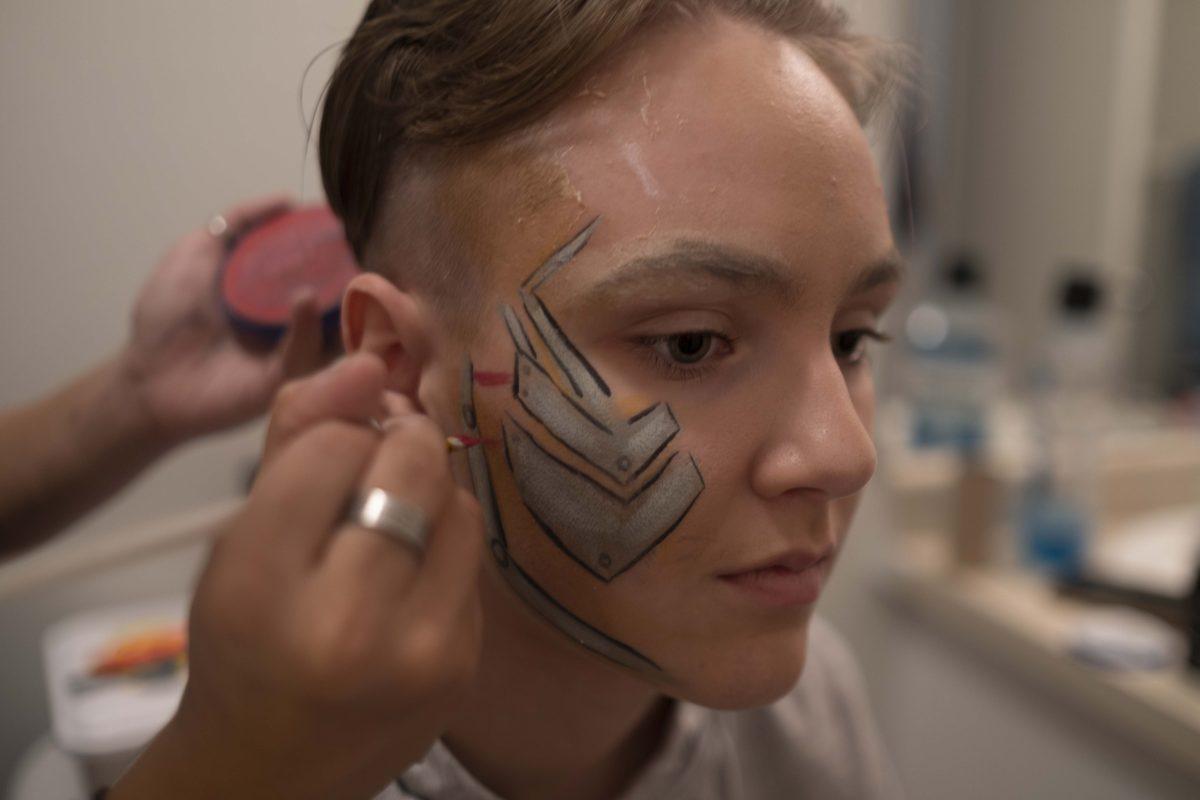
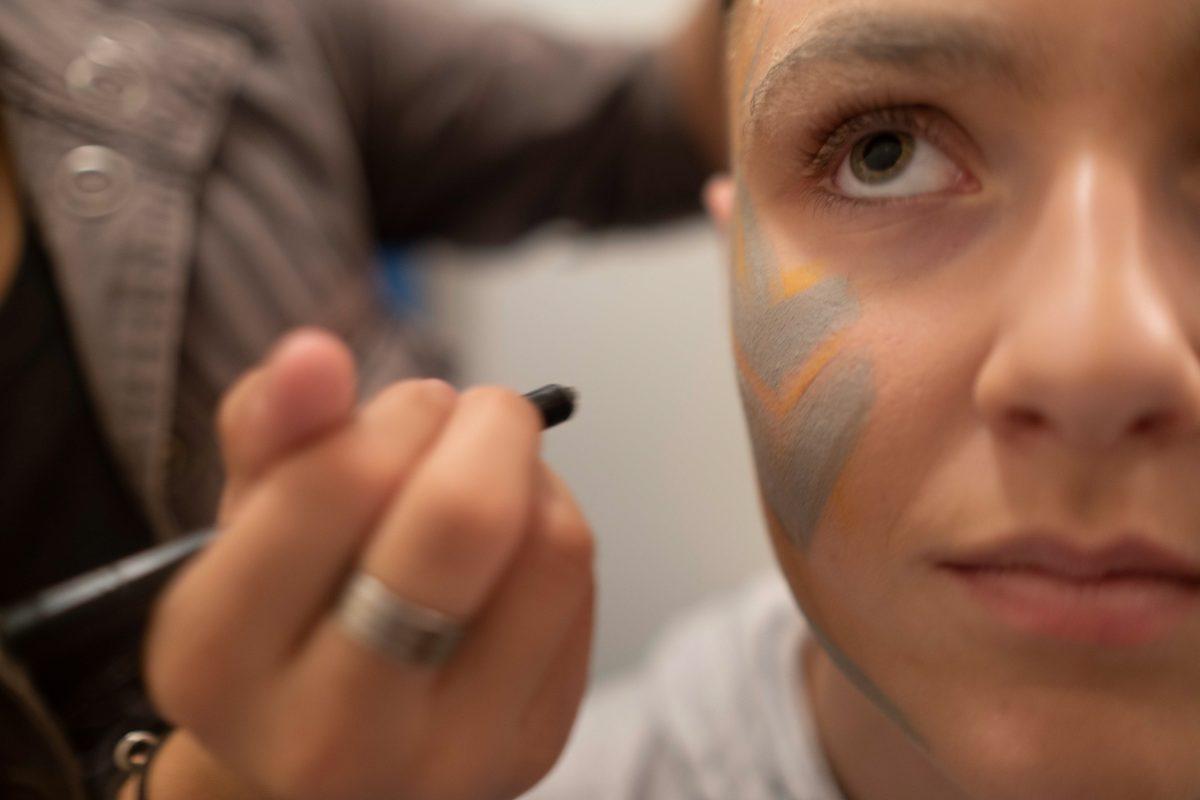

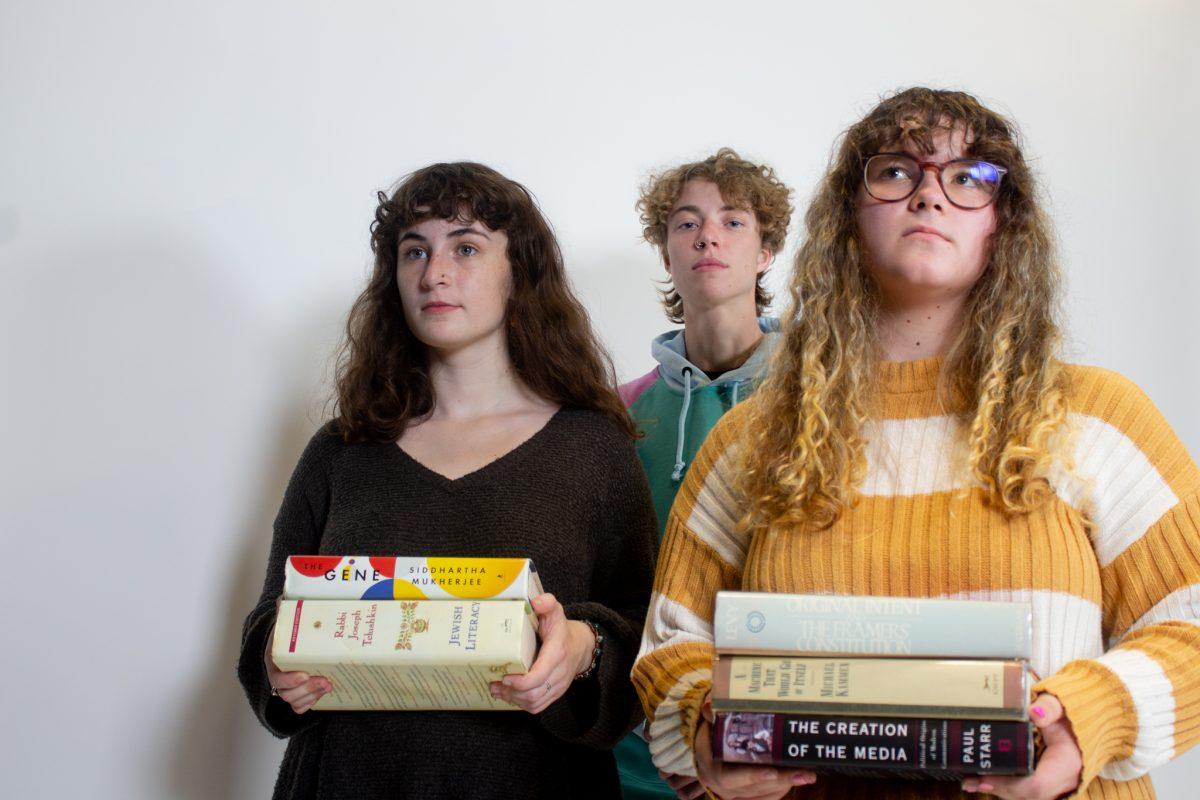
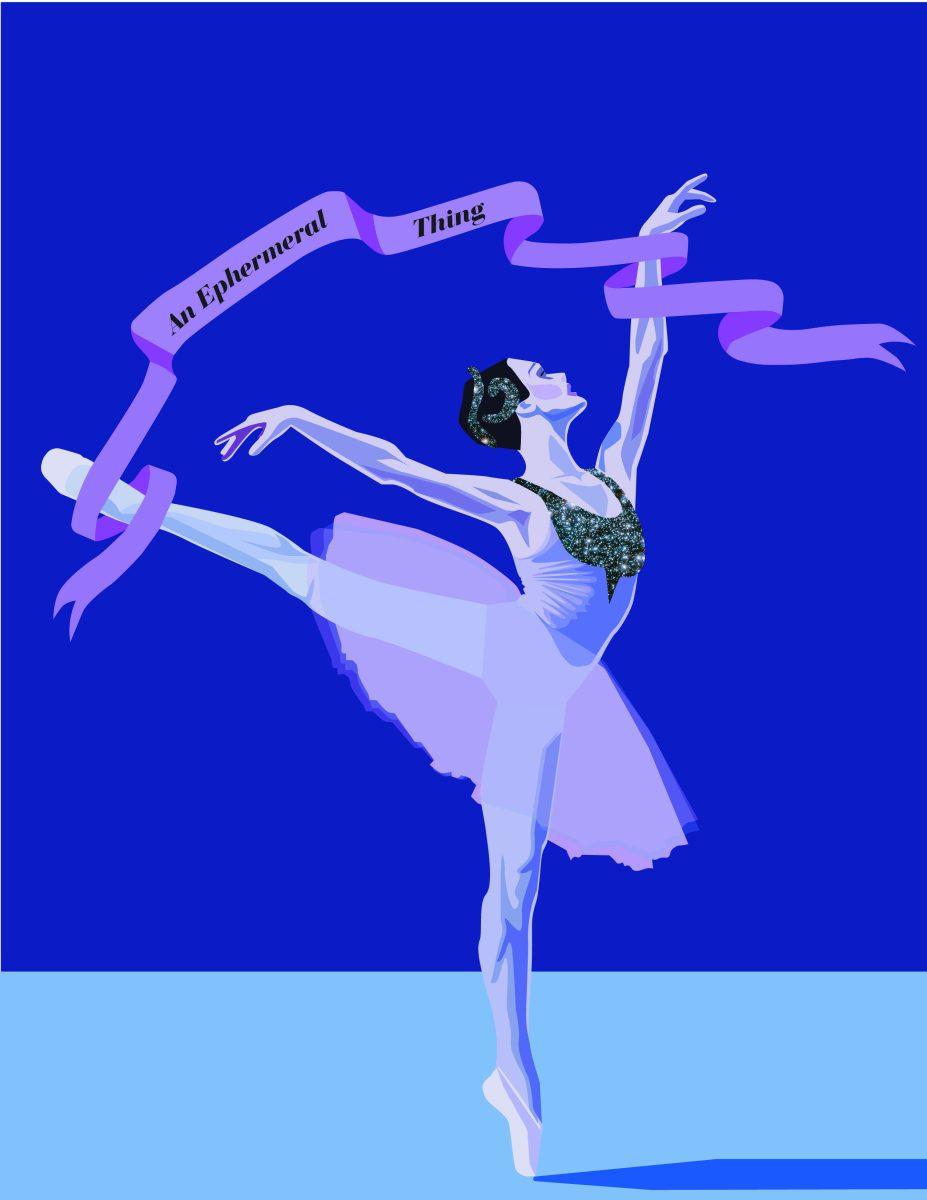

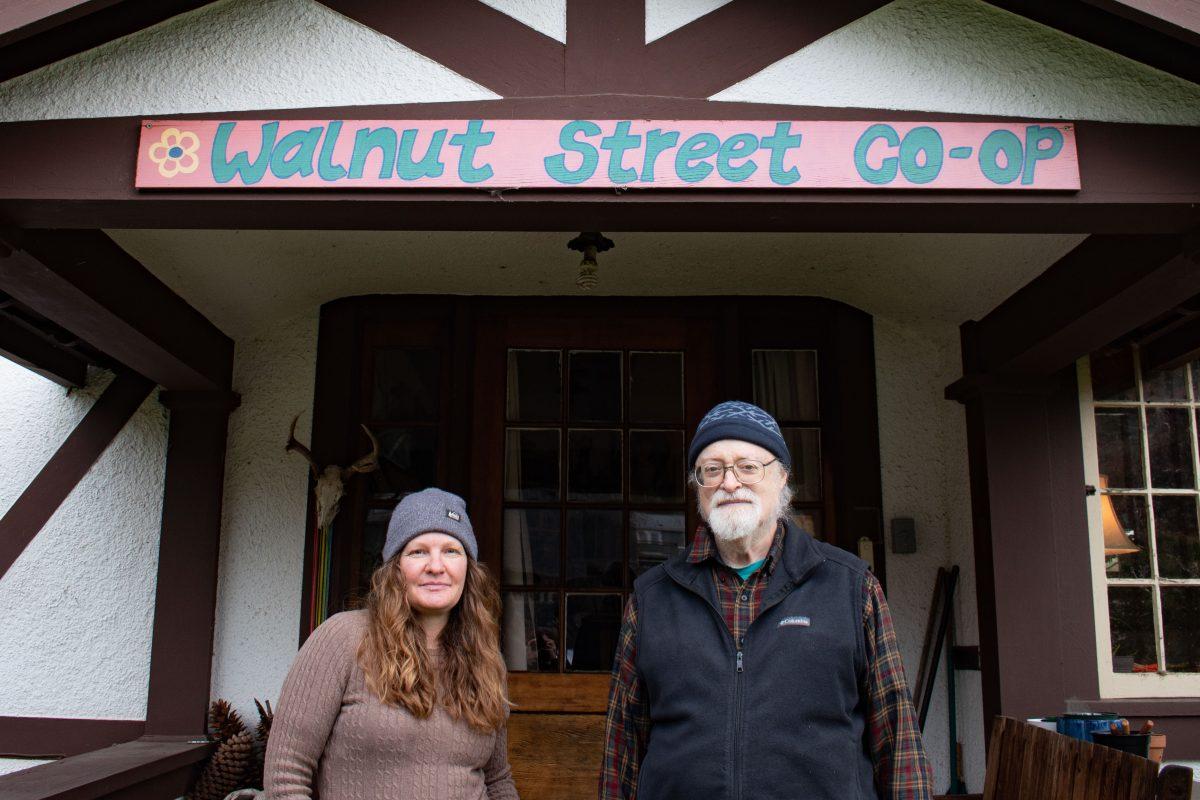
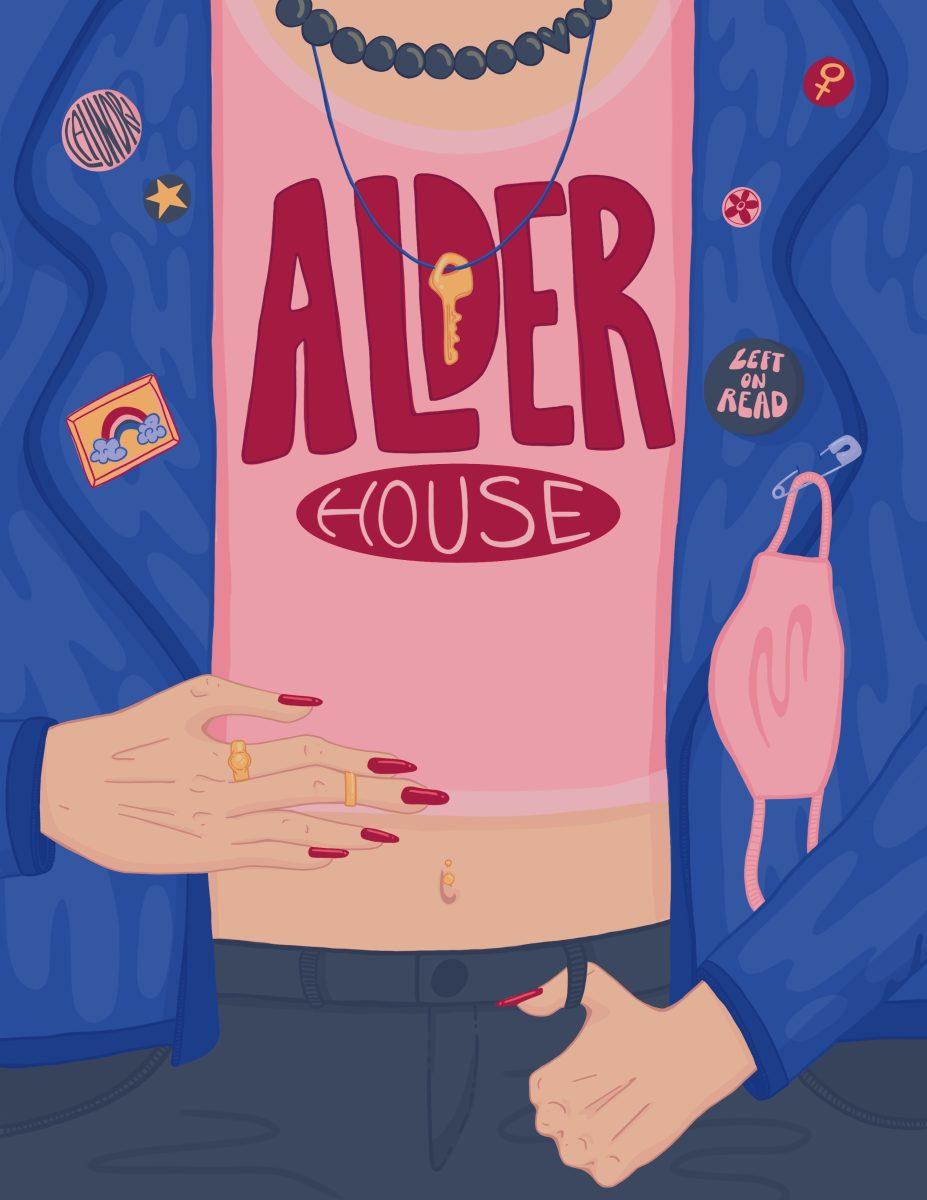


![[Photo Courtesy of the Lara Family]
Ruben embraces his beloved childhood goat, Katrina.](https://ethos.dailyemerald.com/wp-content/uploads/2025/05/katrina-1-1060x1200.jpg)


